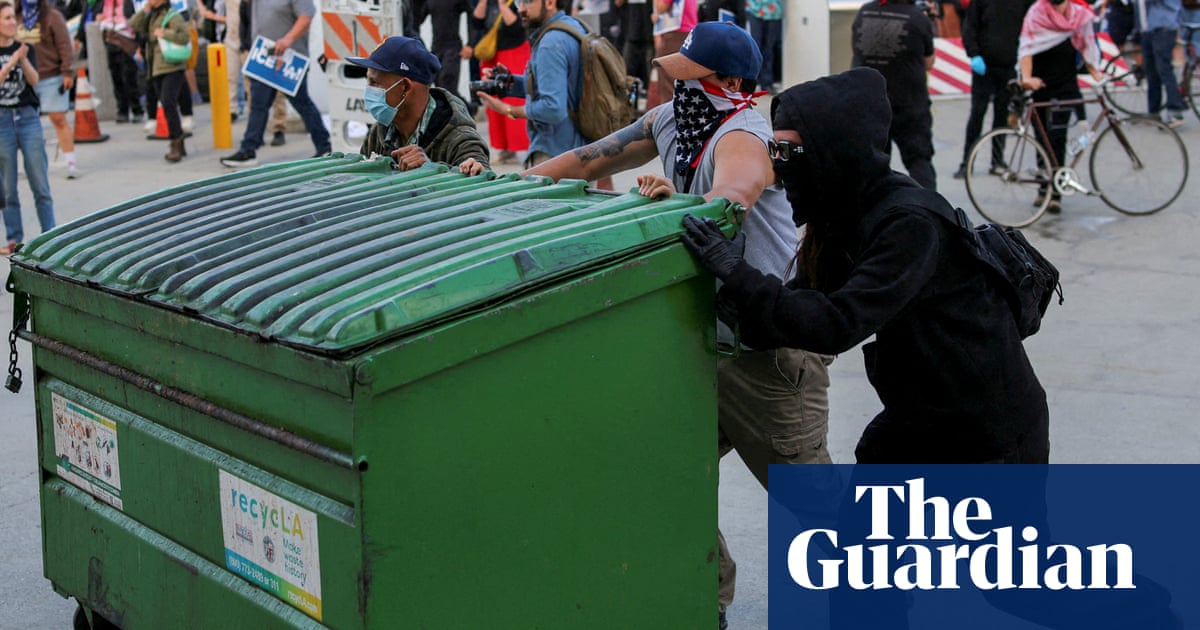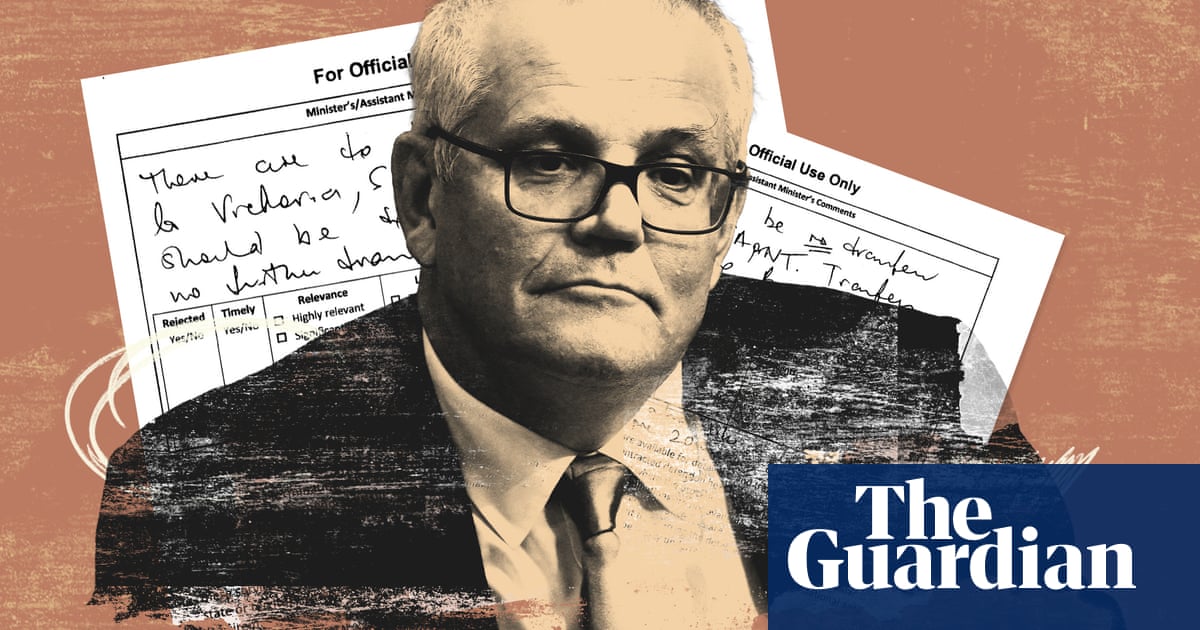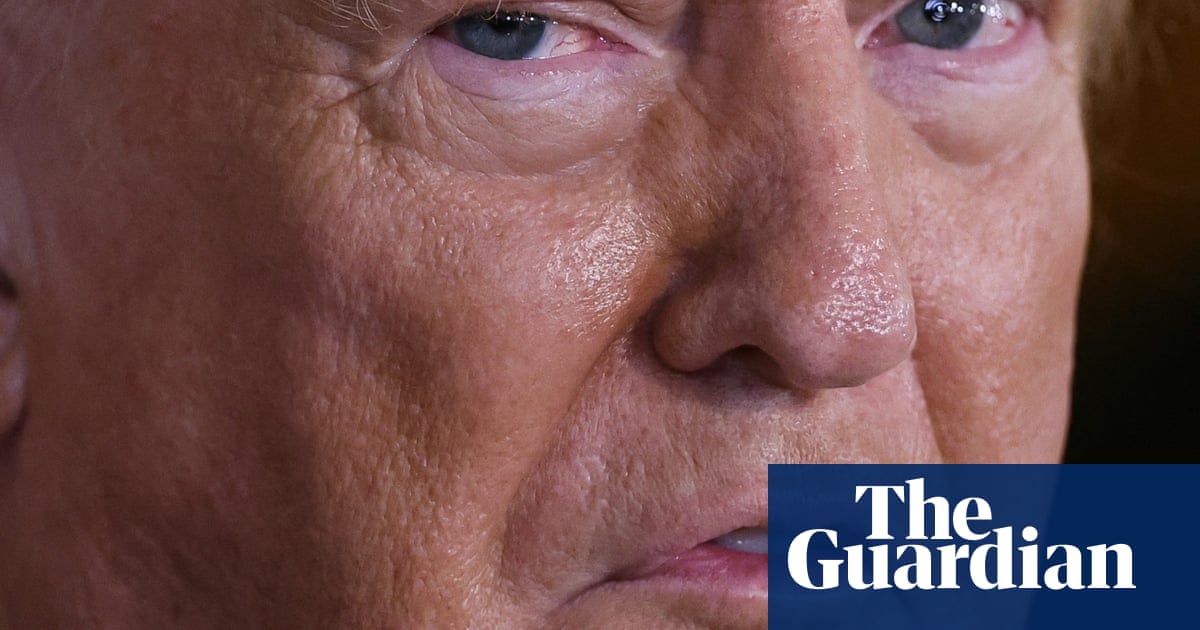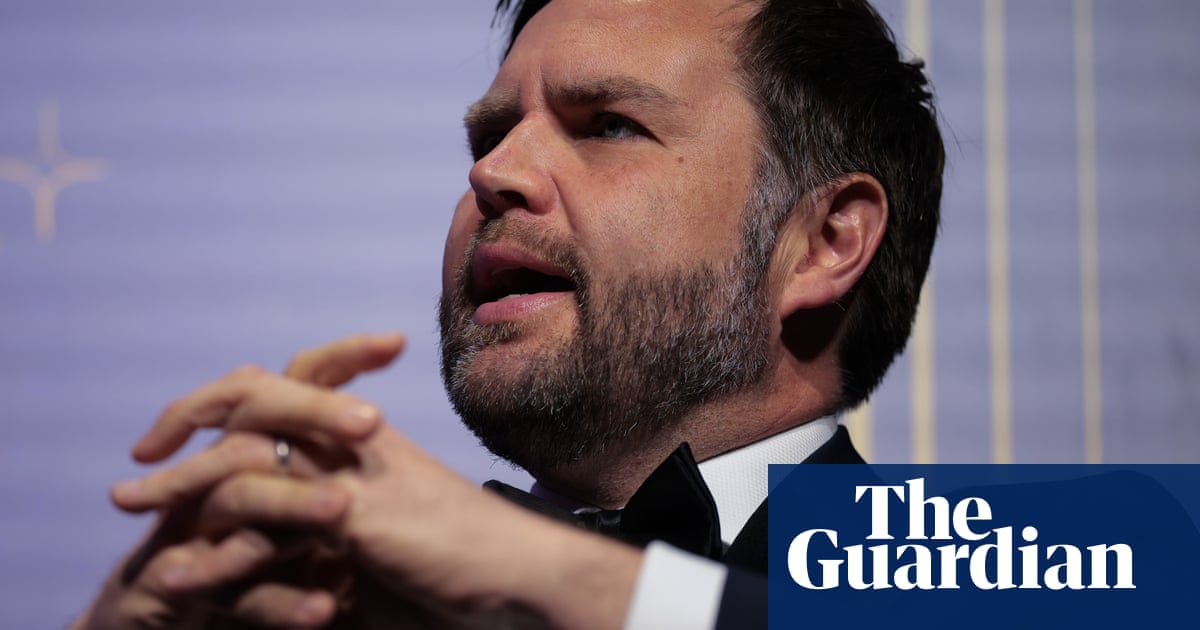Slash-and-burn government is back in vogue. Whether it is Elon Musk and his engineers taking the axe to US agency spending, the Conservative leader, Kemi Badenoch, wishing she had her own mini-Musk, or Sir Keir Starmer complaining about the “tepid bath of managed decline”, the complaint is that bureaucracy is bloated and needs to be cut down to size.
We’ve heard such charges before. For some it is ideologically driven: they believe that the state is inherently inefficient and that only businesspeople know how to make money count. For others it is prompted by the expansion of government in response to crises ultimately caused by state undercapacity, not overreach. They were wheeled out in the 2010s, after rich states stepped in to save the banks and prop up the economies. Then came the Covid pandemic, in which rich states stepped in to save employees (through such measures as furlough) and support businesses.
Last time, it was David Cameron’s team who styled themselves as “disruptors” and brought in the businessman Philip Green as an “efficiency guru”. This time it’s Donald Trump. Yet, measured as a proportion of all US workers, the US federal government workforce is smaller than it was just after the second world war, when Mr Trump was born. And shifting its work to costlier private-sector operations has not been a boon.
One of the great parables of the consequences of an outsider hacking away at a complex organisation is contained in a history of Britain’s trashy cable channel, Live TV. The authors, Chris Horrie and Adam Nathan, give a picture of what happened when the lifelong print journalist Kelvin MacKenzie suddenly got to be boss. Not understanding many of the technicalities of television, he would apparently charge into the studio gallery while programmes were going out live and demand staff answer his questions. “Who are you? What do you do? … If you can’t tell me in 20 seconds … you’re out.” If the programme fell off air after they’d been given the boot, he would plead with them to come back.
Even Live TV’s viewers are unlikely to have been gravely distressed by its inadequacies. But government touches everyone’s lives, and in the most serious manner.
“Efficiency” is not synonymous with frugality. Spending public money carefully is a virtue in itself, but running down the public sector can cause huge problems later on. As the Covid inquiry has shown, the pandemic hit an NHS that had been run too hot for too long – and so couldn’t cope when we most desperately needed it, in spite of the enormous efforts made by frontline staff and hospital managers. Who understands best which efficiencies make sense – those who work within an organisation, or someone who has seen its budget?
Not only is the public sector most essential when the private sector has failed, it is also usually among the most labour-intensive parts of the economy. And as the economist William Baumol famously showed, there is often a limit to how much productivity can be squeezed out of labour-intensive operations. Playing a piece written by Mozart for a string quartet will require four musicians in 2025, just as it did in 1925. You could speed it up, but neither players nor listeners would gain. As societies grow richer, older and more complex, they will grow bigger public sectors and they’ll need funding. That’s not always waste. Often, it should be counted as progress.

 3 months ago
63
3 months ago
63

















































